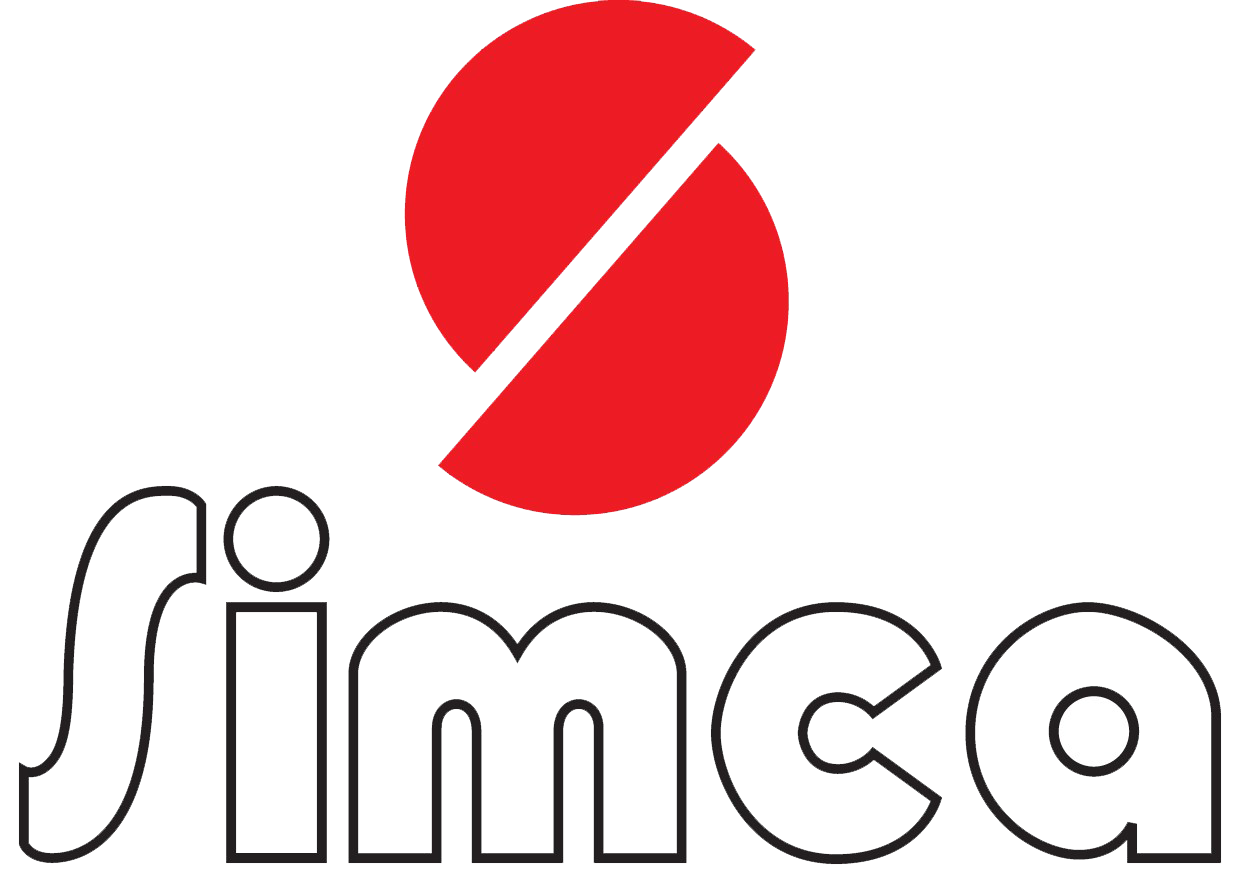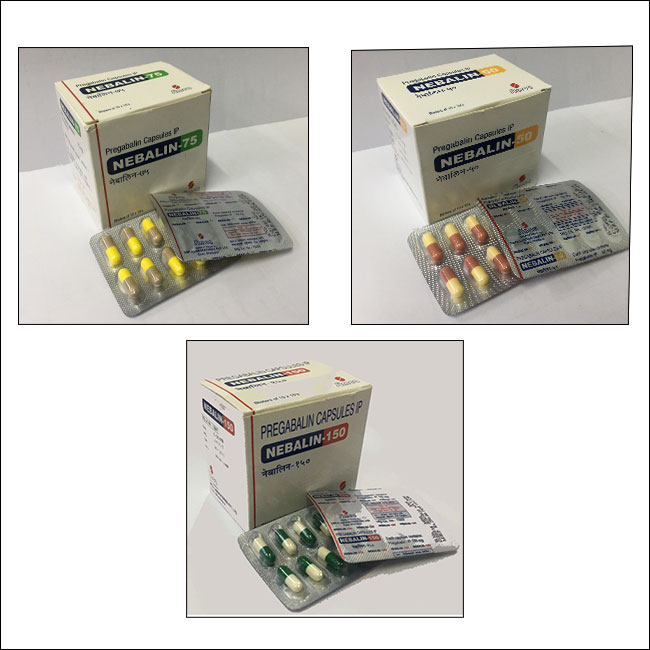Nebalin
Nebalin
Pregabalin 50mg / 75mg / 150mg Capsules
Generic composition: Pregabalin
General Introduction
Nebalin is pregabalin, synthetic molecule with a favorable pharmacokinetic profile compared with gabapentin. It falls in the therapeutic category of anticonvulsant and non-opoid analgesics. It is used in the treatment for neuropathic pain.
Therapeutic category
- Anti-neuropathic drugs
Dosage forms available
- NEBALIN 50mg capsules
- NEBALIN 75mg capsules
- NEBALIN 150mg capsules
Mechanism of action
Pregabalin binds to calcium channel, resulting in reduced depolarization-induced calcium influx at nerve terminals with a consequential reduction in the release of excitatory neurotransmitters.
Pharmacokinetics
Pregabalin is rapidly absorbed, peak blood concentrations within 1 hour; average bioavailability exceeds 90%, half-life 5-7 hour. Pregabalin does not undergo hepatic metabolism and is not bound to plasma proteins. It is renally excreted, and 98% of the absorbed dose is excreted unchanged in the urine.
Uses
- Neuropathic pain (Diabetic neuropathic pain, fibromyalgia and Post herpetic neuralgia)
- Chronic pain
- Complex regional pain syndrome
- Epilepsy: as adjunctive therapy in adults with partial seizures with or without secondary generalization.
- Generalized Anxiety Disorder: treatment of Generalized Anxiety Disorder (GAD) in adults
Dose
150 mg per day in two or three divided dose, increased to 300mg in 3-7 days interval, maximum dose 600mg per day.
*Dose reduction in renal impairment
Side-effects
Dizziness, somnolence, ataxia, peripheral edema, weight gain, visual disturbances
Precautions
- Gradual withdrawal recommended
- Pregnancy category C: use with caution in pregnancy and lactation
- Use with caution in patients with history of angioedema
- Cardiovascular disease
Contraindications
- Hypersensitivity to Pregabalin or any of its components


